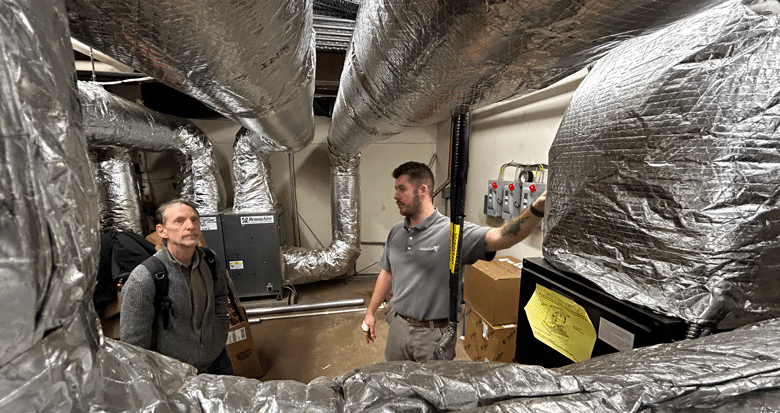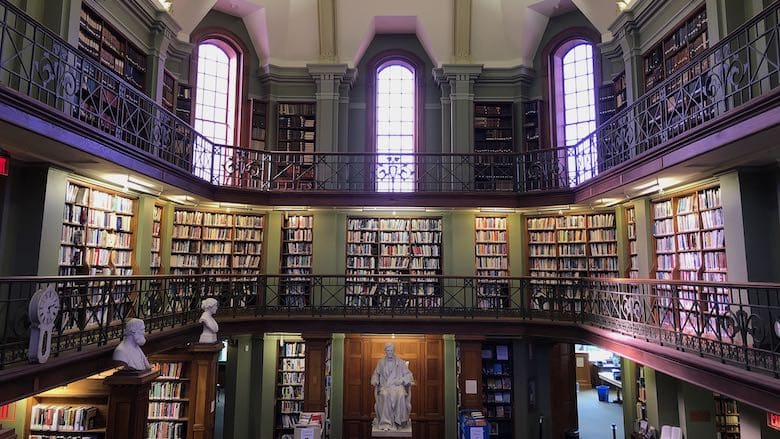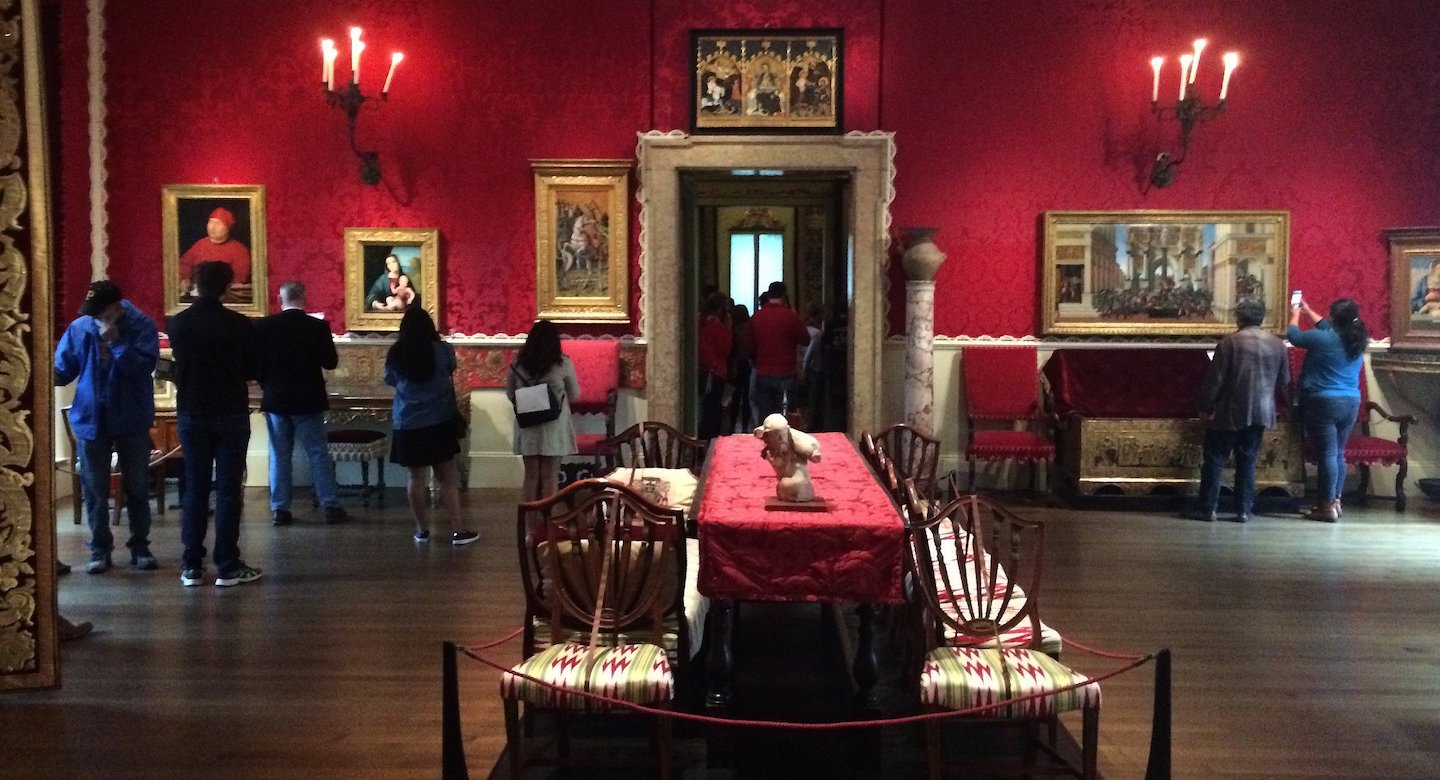Transforming Temple Shir Tikva into a decarbonized powerhouse
Ensuring the congregation at the bustling Temple Shir Tikva didn’t miss a beat during a major renovation of its HVAC system was seamless due to detailed planning and teamwork. The new VRF heat pumps are estimated to save TST up to $353,000 in utility incentives through Mass Save.

Temple Shir Tikva, situated in Wayland, Massachusetts, embarked on a transformative journey to enhance its facilities while aligning with its commitment to environmental stewardship. GreenerU spearheaded the construction phase of the project, aiming to revitalize the temple’s heating, cooling, and ventilation systems while reducing its reliance on fossil fuels, understand how the buildings were operating and what can be done to reduce energy use and increase comfort.
Temple Shir Tikva comprises two buildings: a sanctuary with a social hall and kitchen constructed in 1992, and an educational building built in 1998. Facing end-of-life issues with its HVAC systems, the congregation sought to renew its infrastructure while fulfilling its mission to combat climate change.
A vision for environmental stewardship
The congregation aimed to fulfill its commitment to environmental stewardship by reducing energy consumption and reliance on fossil fuels. Simultaneously, the onset of the pandemic made it clear that an upgraded HVAC system was necessary for filtering the entire facility. Building Evolution Corporation (BEC) was hired to review and advise the Temple’s HVAC committee on the path to achieving their goals. BEC and the Temple considered multiple options, including replacing the old gas-fired system in kind and a full conversion to Variable Refrigerant Flow (VRF) heat pumps. The team settled on a hybrid solution, converting most of the building’s heating and cooling to VRF, while also maintaining a small gas boiler backup.
GreenerU was selected and tasked with implementing the plan that BEC devised, which was removing the existing gas-fired equipment and installing the new hybrid HVAC system to offset reliance on natural gas, improve occupant comfort, and enhance building ventilation.
The project team, led by Jody Renouf, Omar Chatila, and Sebastian Murray, managed the decommissioning of existing equipment and the installation of the new heat pumps and associated equipment. The project showcased GreenerU’s expertise in cost estimation, construction management, and sustainability practices.
Due to the temple’s active schedule and complex requirements, GreenerU adopted a multi-phased approach. Detailed planning and coordination were essential to meet construction deadlines, minimize disruption, and ensure public safety.
A smooth execution for a lasting impact
Regular communication and collaboration were paramount to the project’s success. GreenerU facilitated weekly progress meetings involving Shir Tikva staff, HVAC committee members, and the five subcontractors we were managing. Transparent communication ensured stakeholders were informed and involved throughout the process.
Despite the challenges of working in an occupied building, GreenerU executed the project seamlessly, maintaining public safety, minimizing disruption, and delivering high-quality results. The temple remained fully operational throughout the construction process, thanks to careful planning and execution.
GreenerU left Temple Shir Tikva better than it found it, not only by installing energy-efficient HVAC systems, but also by preserving the integrity of the facility during construction. The project emphasized GreenerU’s commitment to delivering sustainable solutions with minimal environmental impact.
The project leveraged utility incentives and programs such as the Mass Save heat pump program, resulting in significant cost savings for Temple Shir Tikva. By embracing sustainable HVAC solutions, the temple achieved an approximate 85% reduction in carbon emissions, further solidifying its commitment to environmental sustainability. The installation of heat pumps not only positioned the congregation as a leader in green building practices but also demonstrated its dedication to reducing its environmental footprint and fostering a healthier planet for future generations.
The successful collaboration between Temple Shir Tikva, Building Evolution, and GreenerU demonstrates the power of partnership in driving sustainable change. By prioritizing environmental stewardship and innovation, the project not only modernized the temple’s facilities but also inspired the community to embrace a more sustainable future.



